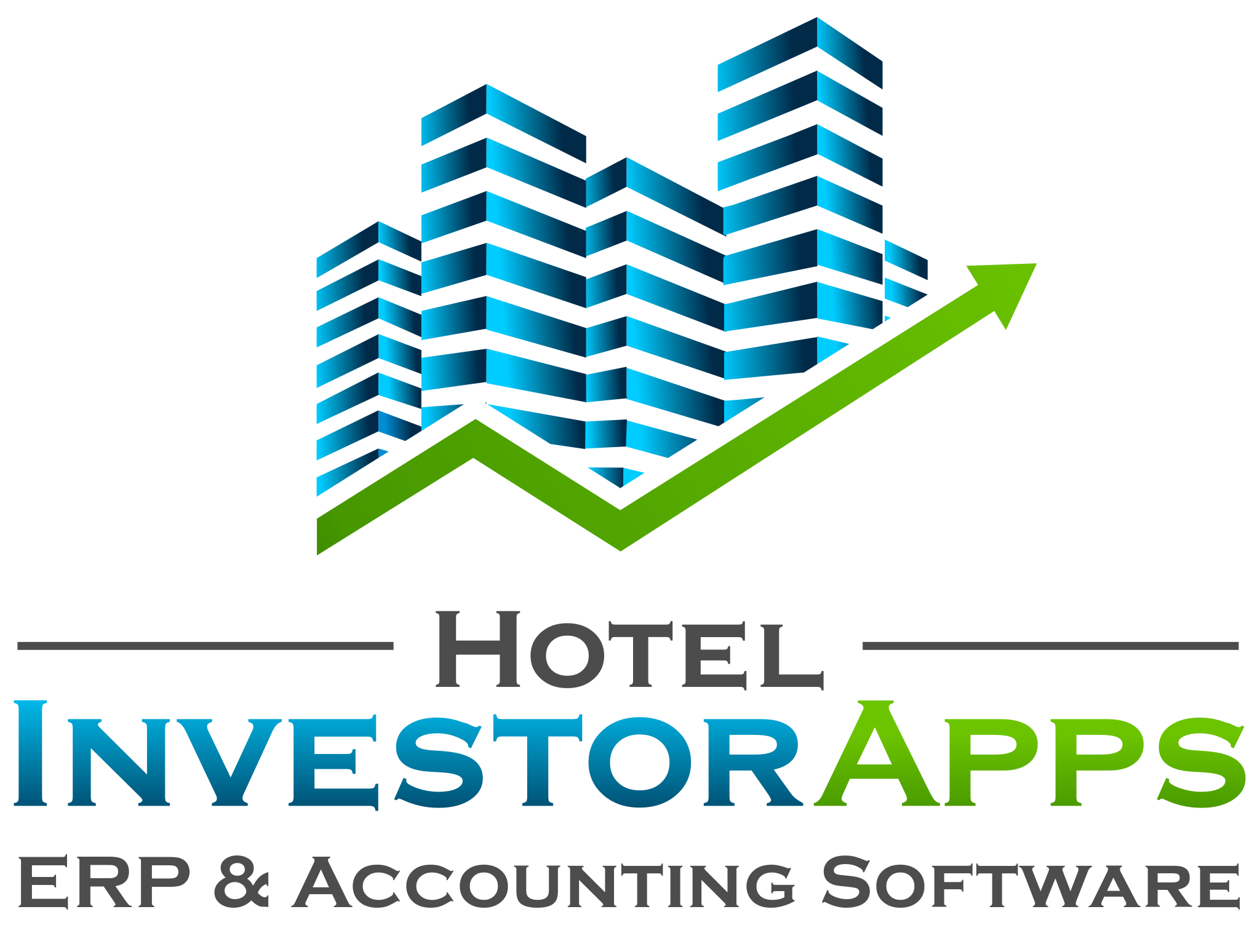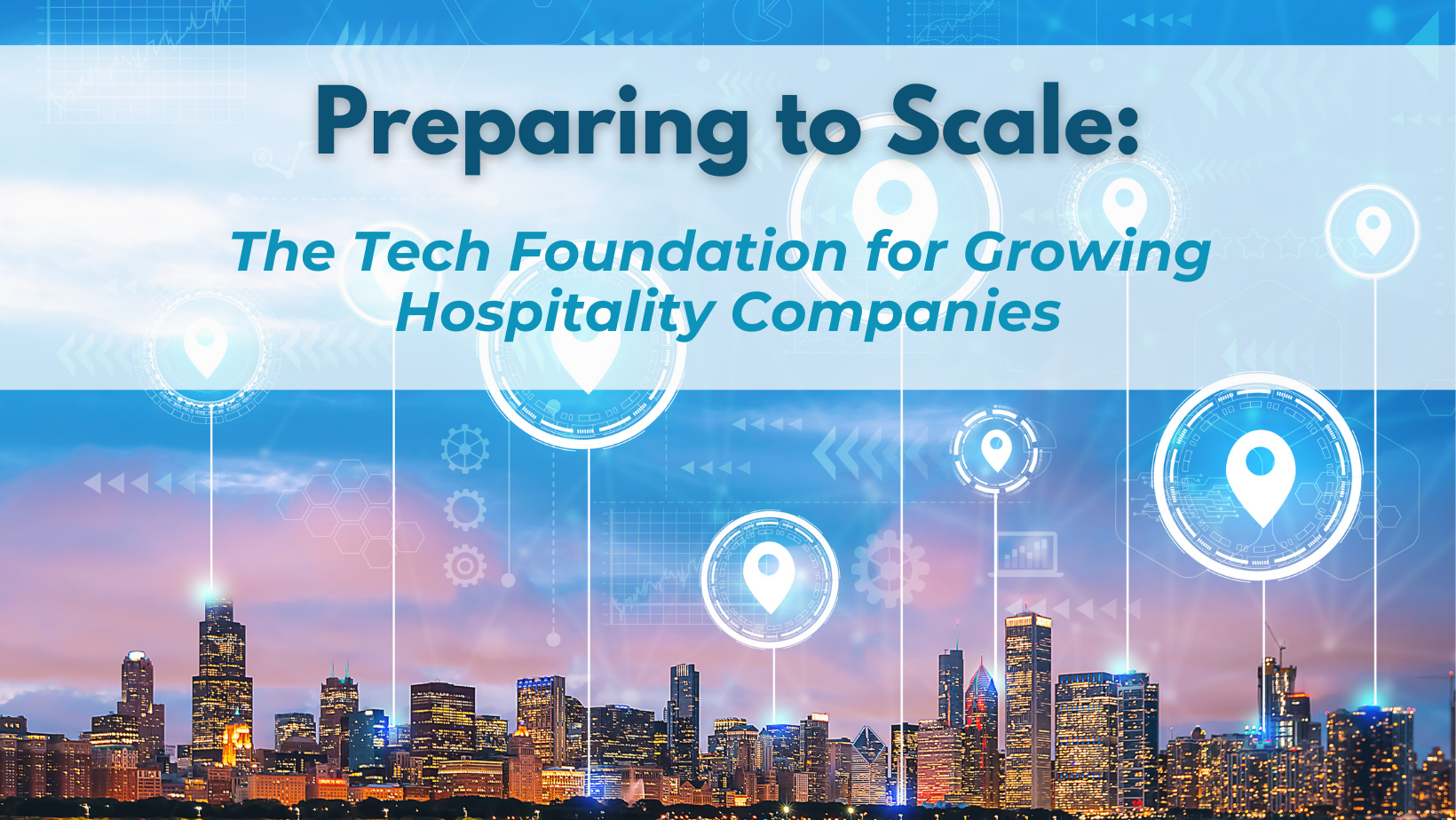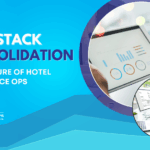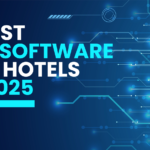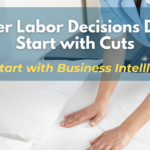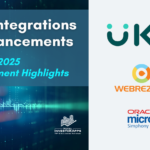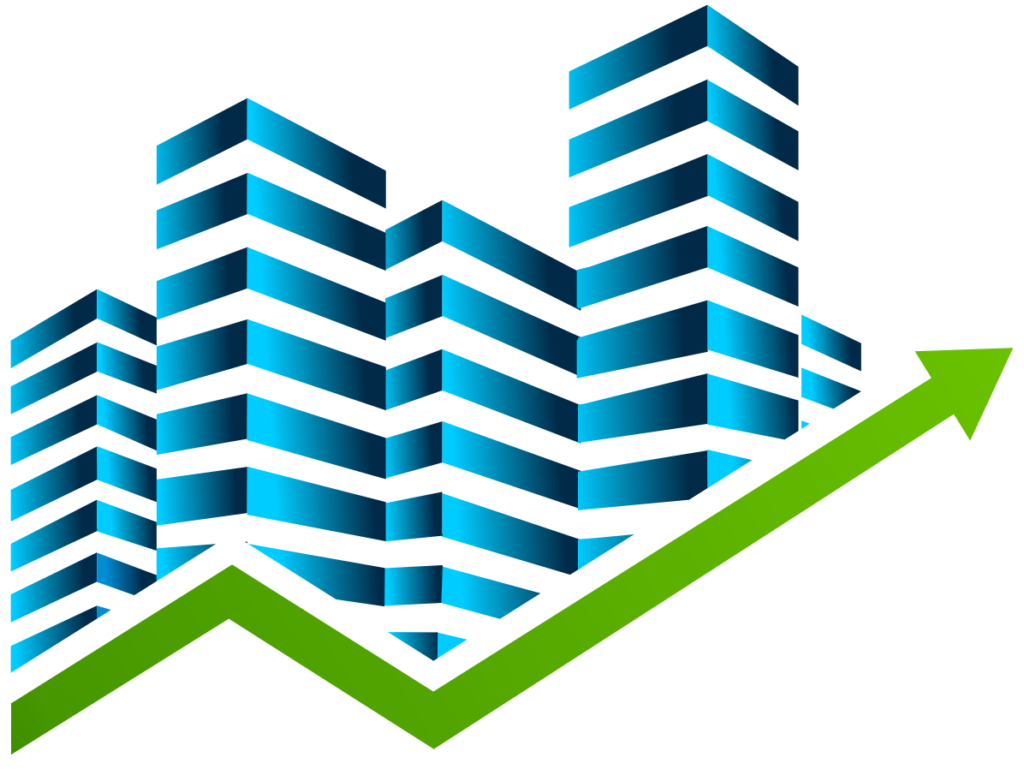Savvy hotel management execs know that the same technology that worked for a 10-12 hotel portfolio doesn’t always work when that portfolio is rapidly scaling. Adopting tech solutions that scale could be the difference between earning the next deal or being left behind.
That’s why thinking big picture with the long-term growth of the company in mind, is key when it comes to financial management.
In this piece, we’ll explore why a scalable, hospitality-specific ERP is becoming the new standard for management companies serious about long-term growth.
Key Takeaways |
|
Fragmented tech stacks = Fragmented visibility
Trying to consolidate financial data from disconnected systems can feel like looking through a kaleidoscope—distorted and constantly shifting. Finance and operations teams need a clear, consistent view, not a moving target.
When your tech stack is fragmented, it decreases your visibility and control. Here’s what that can look like for growing hotel management companies:
Separate systems for corporate and property accounting | = | Lack of holistic visibility, extra labor, and data entry |
Complicated and manual intercompany billing workflows | = | Time-consuming and error-prone |
Difficulty consolidating reports across the portfolio | = | Delayed or unreliable financial insights |
Lack of real-time dashboards | = | Slower decision-making |
No unified vendor database | = | Missed opportunities for spend analysis or bulk pricing |
Disjointed expense approval processes | = | Bottlenecks and wasted staff time |
Limited user access controls | = | Inconsistent security and potential vulnerabilities |
New property onboarding requires re-work | = | Lost historical data and slow ramp-up |
What a Scalable Hotel ERP Software Looks Like (And Why It Matters)
When your portfolio is scaling and software that used to work starts slowing you down, that’s when adopting a new financial management solution to meet evolving owner tech expectations stops being a “someday” project and starts becoming a necessity.
“If we don’t get this right—and if we can’t communicate it properly, timely, accurately—we don’t get their next project.”
– Scot Hopps, Senior Vice President of Operations, Lark
But which solution is best for scalability?
Hospitality-specific accounting software works for property management, but without the corporate accounting piece, it can lack visibility and create additional work and complications for management company billing and intercompany entries.
Generic ERPs built for retail or manufacturing can technically be made to work for hotels—but only after layering on costly consultants, customizations, and third-party add-ons. All that, just to reach baseline functionality. So they can work—but at what cost?
If you’re scaling and want to keep clarity, control, and trust intact, you need a platform built for hospitality that has the advanced functionality of an ERP system. Let’s take a look at what hospitality-ERP functionality actually looks like:
One System for Both Property and Corporate Accounting
Imagine daily revenue from your PMS and POS systems flowing directly into your ERP accounting platform—no manual entry, no Excel uploads, no third-party software. Now imagine tracking cash flow across properties, approving expenses in real time, and seeing both property-level and consolidated financials from one login.
That’s not a wishlist—that’s what HIA’s hospitality ERP delivers out of the box. It’s built to centralize corporate and property-level accounting and eliminate intercompany friction.
No expensive consultants. No third-party add-ons. No complex workarounds. It’s just unified access to your whole financial ecosystem in one place.
Standardizing Data Across the Portfolio
Every new property in your portfolio brings its own nuances—different systems, different vendors, different reporting practices. But if data isn’t standardized across the portfolio, you may have blind spots. After all, you can’t benchmark what you can’t compare.
With a Global Chart of Accounts and Global Vendor Structure tailored to lodging operations, HIA’s hospitality ERP helps finance teams eliminate inconsistencies across properties, without losing the details they need at the local level.
Gaining Real-Time Financial Visibility
Static monthly reporting may have worked when portfolios were smaller and owner expectations were lower. But that’s not today’s reality.
Owners want to know how the property performed yesterday…not last quarter. That’s why real-time visibility isn’t a luxury; it’s the new baseline. And a hospitality ERP is the future.
With dashboards built around the Daily Report and operational KPIs, finance leaders get access to data that moves as quickly as their business does. No workarounds. No waiting on exports. Just clean, accurate, and timely numbers.
Automating Time-Consuming Processes
Even the most dedicated finance and operations teams hit a ceiling when the tools they rely on weren’t built for scale. Manual processes like invoice entry, approvals, and bank reconciliations take longer, introduce more risk, and slow down decision-making.
That’s why automation matters—not just to save time, but to make it easier for your team to deliver the insights that operations needs. It’s not about replacing the people doing the work. It’s about removing the friction that keeps them from doing their best work. Learn more about automations from HIA here.
Migrating Historical Data
When you acquire a new property, you’re not just taking over operations—you’re inheriting its financial past. And if that history doesn’t carry over cleanly, you lose more than numbers. You lose the ability to benchmark, reclassify, or trace performance trends over time.
HIA’s hospitality ERP makes migrating historical data possible from day one. Rather than relying on bolt-on tools or painful data migrations, it retains revenue history, supports reclassifications, and aligns legacy data to your current chart of accounts—automatically.
So when your portfolio grows, your visibility doesn’t shrink. You stay connected to what came before—so you can make smarter calls about what comes next.
Enhancing Security and User Control
More systems equal more users, which equals more places for things to go wrong. You don’t just need visibility—you need control. Who’s looking at portfolio-wide financials? Who’s approving payouts? Who can access what, and why?
HIA’s hospitality ERP builds that in from the start. With role-based permissions, audit trails, and single sign-on capability, finance leaders can maintain data integrity without losing speed or oversight.
Powering Strategic Reporting and Integrations
At the end of the day, the real goal isn’t just to track what happened—it’s to understand what to do next.
Finance teams don’t need flashy dashboards or reports for reports’ sake. They need business intelligence tools that allow them to move faster, dig deeper, and spot trends earlier.
HIA’s hospitality ERP makes that possible by bringing daily revenue, payroll, budgeting, and banking data into one connected platform. And because everything lives in one system, owners, asset managers, and property teams all get to look at the same numbers, in the same format, at the same time.
A scalable system built for growth is how finance leaders move from “managing the numbers”… to leading with them.
From Fragmented to Future-ready Hospitality ERP: What Real Transformation Looks Like
Forward-thinking hotel management companies aren’t just talking about digital transformation. They’re doing it. And in doing so, they’re proving that tech-forward financial management is a strategic lever for growth, clarity, and competitive advantage.
Lark
When Lark made the switch to HIA in early 2023, it wasn’t just about replacing outdated tools. It was about building the financial backbone they needed to scale. That meant moving away from manual workarounds and toward real-time insights, unified data, and cleaner collaboration across finance and operations.
“At different points in my career, I may have answered this differently. But accounting—ERP—has proven to be the most important piece for operational success and business outcomes.”
— Scot Hopps, Senior Vice President of Operations, Lark
HIA now helps Lark deliver timely reports, support smarter decision-making, and set a new standard for how finance and operations work together. This scalable foundation meant that they were well-positioned for growth in December 2024 when Lark announced its joint venture with Life House, doubling its portfolio and pushing its total assets past $1 billion.
For additional information about Lark’s experience with HIA, check out this case study or tune into this podcast.
Peachtree Group
Peachtree Group, which manages more than 120 hotels and restaurants, implemented HIA to gain more advanced functionality, automation, and control across its operations. With a focus on streamlining intercompany billing, standardizing reporting, and enhancing security through tools like single sign-on, Peachtree saw ERP as a foundation for smarter, faster decision-making.
“We were looking for a technology partner to deliver additional functionality and flexibility. We know we have got that with HIA.”
— Dave MacRae, SVP of Finance and Accounting, Peachtree Group
Read more about Peachtree Group’s selection of HIA’s ERP & Accounting software.

Jaime Goss has over a decade of marketing experience in the hospitality industry. At Hotel Investor Apps, Jaime heads up marketing initiatives including brand strategy, website design, content, email marketing, advertising and press relations.
